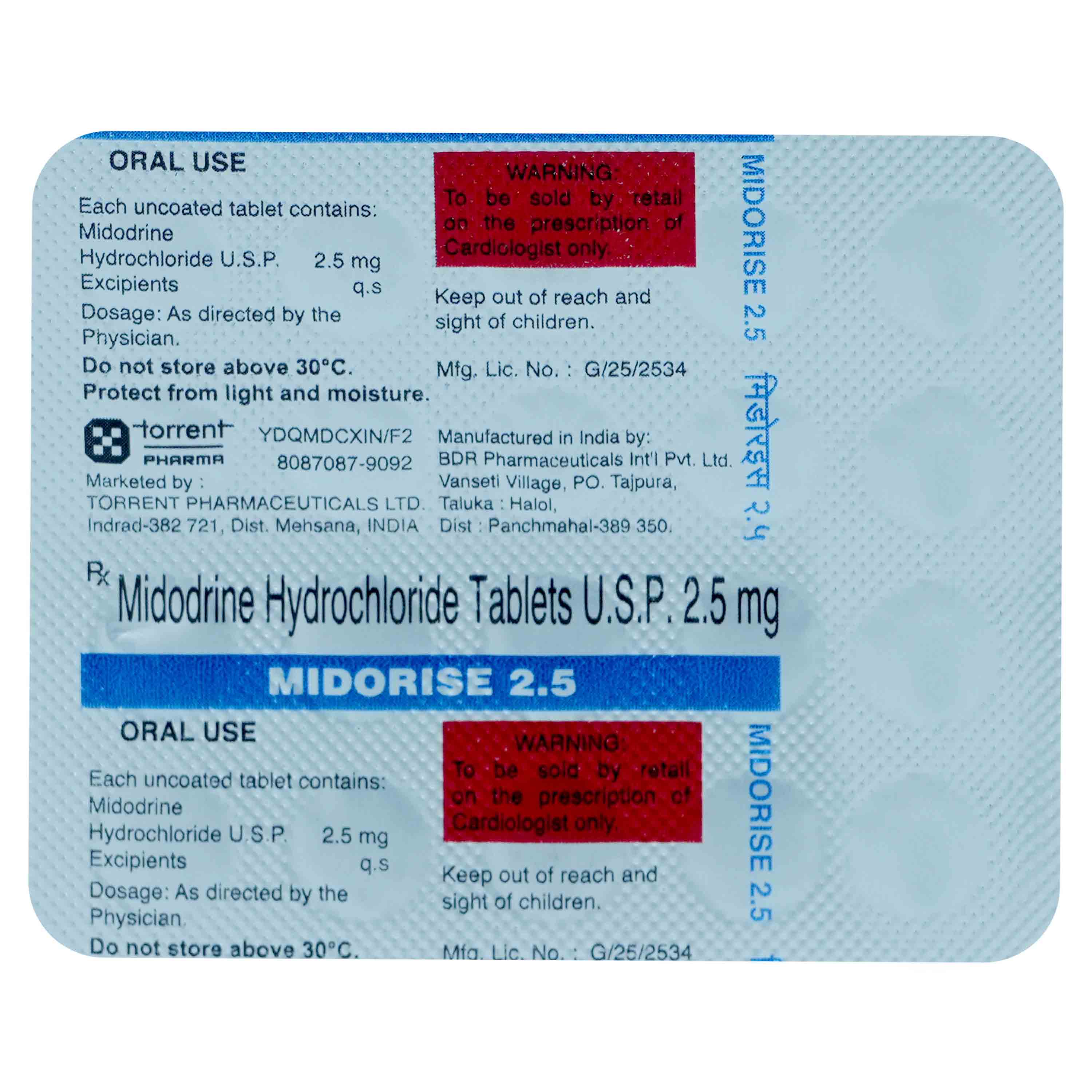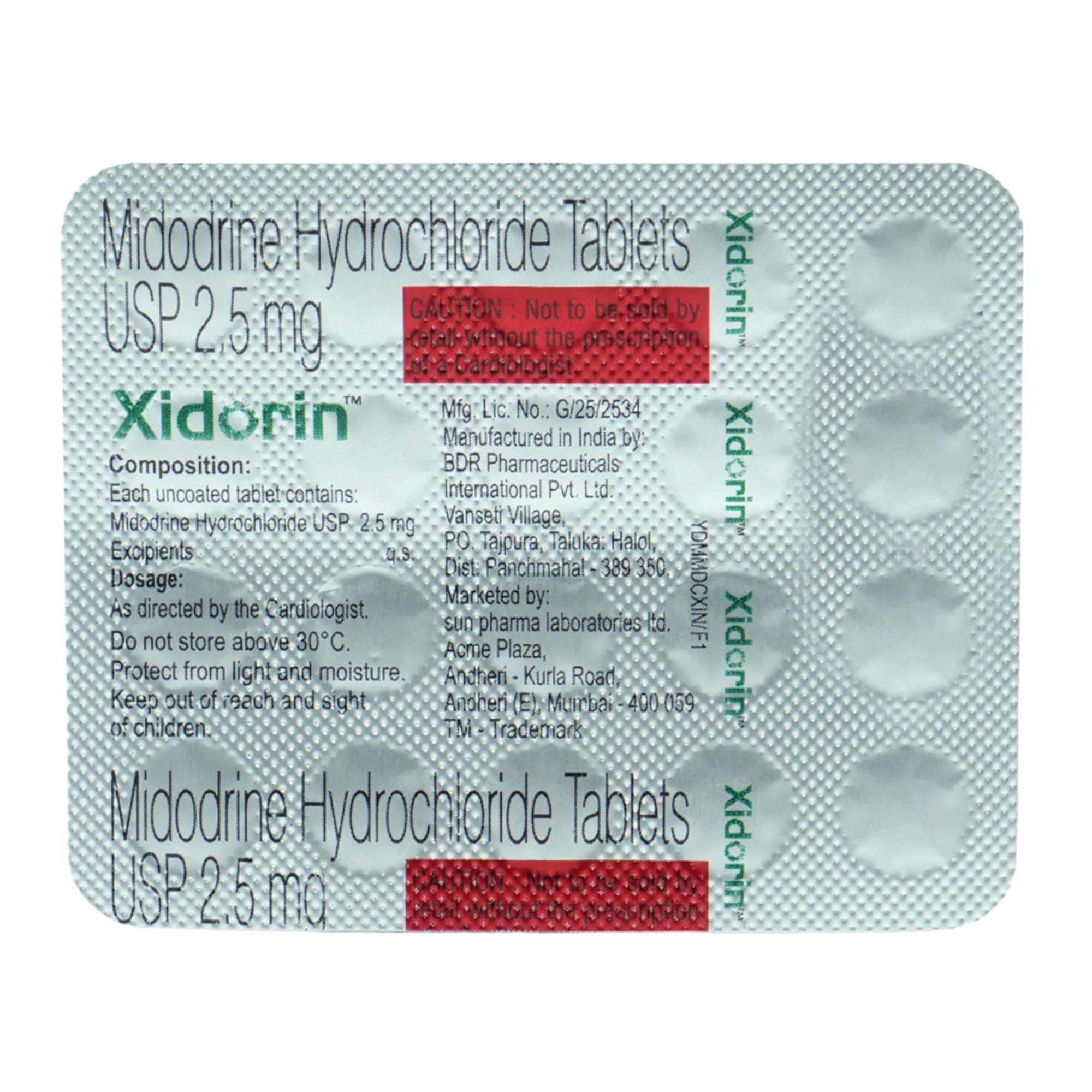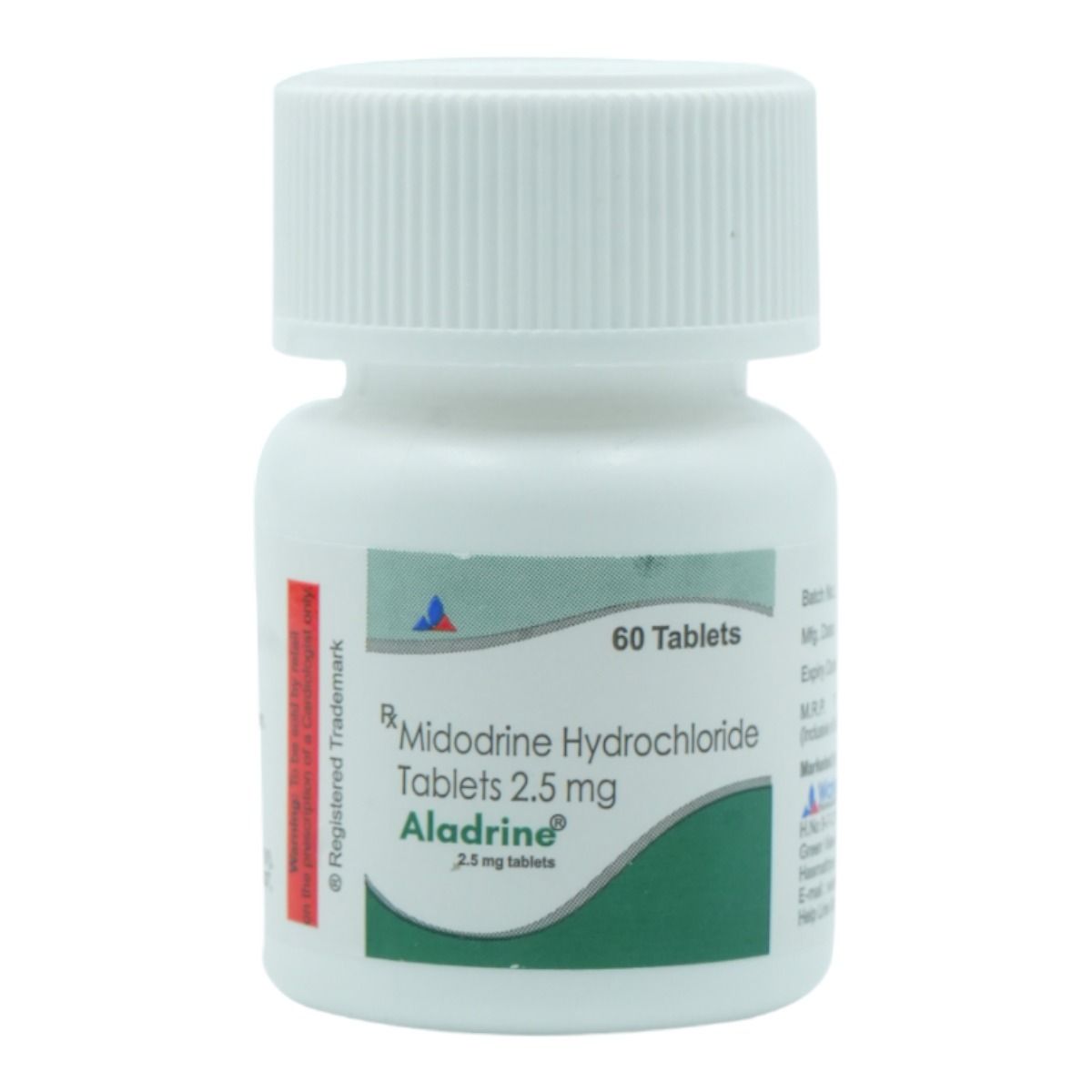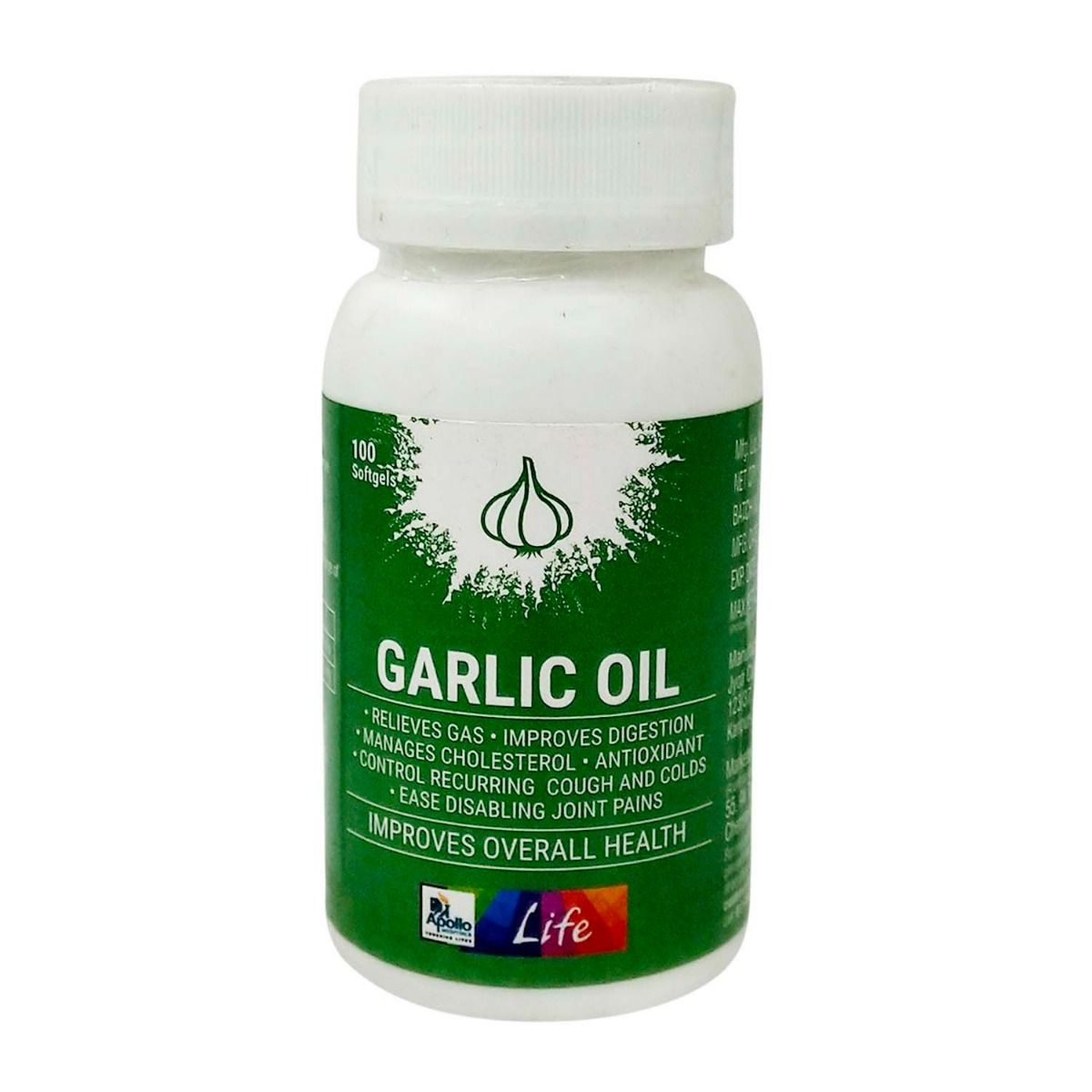Midgram 2.5 Tablet 10's
₹396*
MRP ₹440
10% off
₹374*
MRP ₹440
15% CB
₹66 cashback(15%)
Free Delivery
With Circle membership
(Inclusive of all Taxes)
This offer price is valid on orders above ₹800. Apply coupon PHARMA10/PHARMA18 (excluding restricted items)
Know Your Delivery Time
Provide Delivery Location

Available Offers
 Prescription drug
Prescription drugWhats That

Secure Payment

India's Most Trusted Pharmacy

Genuine Products
Synonym :
Composition :
Manufacturer/Marketer :
Consume Type :
Return Policy :
Expires on or after :
About Midgram 2.5 Tablet
Midgram 2.5 Tablet belongs to a category of medications called ‘Antihypotensives’ primarily used to treat hypotension (low blood pressure). Hypotension is when blood pressure drops below the normal range, reducing cardiac output and hypovolemia (low blood volume). It can cause dizziness, weakness, fainting, and risk of injury from falls.
Midgram 2.5 Tablet contains the active ingredient midodrine hydrochloride, which acts on the blood vessels via the sympathetic nervous system to correct imbalances of blood distribution. This should help relieve the symptoms you might suffer, such as dizziness, fainting, blurred vision, and weakness when sitting or standing up.
Take Midgram 2.5 Tablet as prescribed by your doctor. Depending on your medical condition, you are advised to take Midgram 2.5 Tablet for as long as your doctor prescribes it. Some people may experience Supine hypertension, Reflex bradycardia, Arrhythmias, Rash, Nausea, Vomiting, Dyspepsia, Headache, and Urinary retention. Most of these side effects of Midgram 2.5 Tablet do not require medical attention and gradually resolve over time. However, if the side effects persist or worsen, please consult your doctor.
Inform your doctor if you are allergic to Midgram 2.5 Tablet or other medicines. If you are a pregnant woman or nursing mother, do not consume Midgram 2.5 Tablet without first consulting your doctor. It should not be used in children below 18 years. Midodrine is contraindicated in patients with severe organic heart disease, congestive heart failure, thyrotoxicosis, phaeochromocytoma, acute renal disease, severe renal insufficiency, urinary retention, narrow-angle glaucoma, hyperthyroidism, known hypersensitivity to any component of the product. And also, Patients with a history of CVA should be monitored closely.
Uses of Midgram 2.5 Tablet
Directions for Use
Medicinal Benefits
Midgram 2.5 Tablet contains the active ingredient midodrine hydrochloride, which acts on the blood vessels via the sympathetic nervous system to correct imbalances of blood distribution. This should help relieve the symptoms you might suffer, such as dizziness, fainting, blurred vision, and weakness when sitting or standing up.
How Midgram 2.5 Tablet Works
Storage
Side Effects of Midgram 2.5 Tablet
Supine hypertension
Chest pain
Palpitations
Headache
Blurred vision
Reflex bradycardia
Arrhythmias
Rash
Nausea
Vomiting
Dyspepsia
Urinary retention
What if I have taken an overdose of Midgram 2.5 Tablet
Drug Warnings
If you are known to be allergic to Midgram 2.5 Tablet or any other medicines, please tell your doctor. If you are pregnant or breastfeeding, think you may be pregnant or are planning to have a baby, ask your doctor or pharmacist for advice before taking this medicine. If you get pregnant during treatment with Midodrine, you must stop the treatment immediately once the pregnancy is confirmed. It should not be used in children below 18 years. Midodrine is contraindicated in patients with severe organic heart disease, congestive heart failure, thyrotoxicosis, phaeochromocytoma, acute renal disease, severe renal insufficiency, urinary retention, narrow-angle glaucoma, hyperthyroidism, known hypersensitivity to any component of the product. And also, Patients with a history of CVA should be monitored closely.
Drug-Drug Interactions
Drug-Drug Interactions
Login/Sign Up
Coadministration of Dihydroergotamine with Midgram 2.5 Tablet 10's can increase the risk or severity of high blood pressure.
How to manage the interaction:
Taking Dihydroergotamine with Midgram 2.5 Tablet 10's together is generally avoided as it can possibly result in an interaction, it can be taken if your doctor has advised it. However, if you notice any of these symptoms like headaches, abdominal pain, nausea, vomiting, numbness or tingling, muscle pain or weakness, blue or purple discolouration of fingers or toes, pale or cold skin, chest pain or tightness, severe or throbbing headache, irregular heartbeat, shortness of breath, blurred vision, eye redness, confusion, or slurred speech, consult a doctor right away. Do not discontinue any medications without consulting a doctor.
Taking Midgram 2.5 Tablet 10's along with linezolid could increase the risk or severity of high blood pressure.
How to manage the interaction:
Although taking linezolid with Midgram 2.5 Tablet 10's together can result in an interaction, they can be taken if a doctor has prescribed it. However, if you experience abdominal pain, nausea, vomiting, numbness or tingling, muscle pain or weakness, blue or purple discoloration of fingers or toes, pale or cold skin, chest pain or tightness, severe or throbbing headache, irregular heartbeat, shortness of breath, blurred vision, confusion, and/or slurred speech, contact a doctor immediately. Do not discontinue any medication without consulting a doctor.
Coadministration of Midgram 2.5 Tablet 10's with Iobenguane can cause a decrease in the absorption of Iobenguane resulting in a low treatment outcomes.
How to manage the interaction:
Co-administration of Midgram 2.5 Tablet 10's with Iobenguane (131i) can possibly result in an interaction, but it can be taken if your doctor has advised it. Do not stop using any medications without a doctor's advice.
Coadministration of Midgram 2.5 Tablet 10's with doxapram can increase effect of Doxapram.
How to manage the interaction:
Taking Doxapram with Midgram 2.5 Tablet 10's together can result in an interaction, but it can be taken if a doctor has advised it. Do not stop using any medications without talking to a doctor.
Using ergotamine together with Midgram 2.5 Tablet 10's can increase the risk or severity of high blood pressure.
How to manage the interaction:
There may be a possibility of interaction between Midgram 2.5 Tablet 10's and Ergotamine, but it can be taken if prescribed by a doctor. If you're having any of these symptoms like abdominal pain, nausea, vomiting, numbness or tingling, muscle pain or weakness, blue or purple discolouration of fingers or toes, pale or cold skin, chest pain or tightness, severe or throbbing headache, irregular heartbeat, shortness of breath, blurred vision, confusion, and/or slurred speech, consult a doctor immediately. Do not discontinue any medications without consulting a doctor.
Using methysergide maleate together with Midgram 2.5 Tablet 10's may cause significant increases in blood pressure.
How to manage the interaction:
Co-administration of Midgram 2.5 Tablet 10's with Methysergide can possibly result in an interaction, but it can be taken if your doctor has advised it. However, if you experience abdominal pain, nausea, vomiting, numbness or tingling, muscle pain or weakness, blue or purple discolouration of fingers or toes, pale or cold skin, chest pain or tightness, severe or throbbing headache, irregular heartbeat, shortness of breath, blurred vision, confusion, and/or slurred speech, contact a doctor immediately. Do not discontinue any medications without first consulting a doctor.
Drug-Food Interactions
Drug-Food Interactions
Login/Sign Up
Diet & Lifestyle Advise
Add foods with high vitamin B12, including eggs, fortified cereals, and nutritional yeast, to your daily diet.
- Salty foods can increase blood pressure. Try eating canned soup, cottage cheese, olives, and pickled items.
- Drink coffee and caffeinated tea, which may increase blood pressure by stimulating the cardiovascular system.
- Eat small meals more frequently; large meals may drop in blood pressure as your body works harder to digest larger meals.
- Drink more water and limit alcohol; dehydration lowers blood pressure.
- Change body position by standing up slowly.
- Avoid prolonged bed rest.
- If you exercise outdoors in extreme heat, take frequent breaks.
- Avoid spending a long time in saunas, hot tubs, and steam rooms which cause dehydration.
Habit Forming
Therapeutic Class
Midgram 2.5 Tablet Substitute

Midodrive Tablet 20's
by AYUR
₹53.95per tabletGutron 2.5 Tablet 20's
by AYUR
₹64.02per tabletMidgeo 2.5 mg Tablet 10's
₹23.85per tabletMidorise 2.5 mg Tablet 20's
₹51.84per tabletMidora 2.5 mg Tablet 30's
by AYUR
₹83.85per tablet
Product Substitutes
Alcohol
Caution
Consuming alcohol along with Midgram 2.5 Tablet is not advisable as it may cause unpleasant side effects.
Pregnancy
Caution
Please consult the doctor. There are no adequate and well-controlled studies on pregnant women. Your doctor will prescribe only if the benefits outweigh the risks.
Breast Feeding
Caution
Consult your doctor, and there is no substantial research yet on the use of Midgram 2.5 Tablet in breastfeeding/nursing mothers.
Driving
Caution
Patients who experience dizziness or lightheadedness while receiving Midodrine should refrain from operating machinery.
Liver
Caution
Limited information is available on the use of Midgram 2.5 Tablet in patients with liver disease. Your doctor will weigh the benefits and potential risks before prescribing them. Please consult your doctor.
Kidney
Caution
Limited information is available on the use of Midgram 2.5 Tablet in patients with Kidney disease. Your doctor will weigh the benefits and potential risks before prescribing them. Please consult your doctor.
Children
Unsafe
Midgram 2.5 Tablet is not recommended for children below 18 years of age.
FAQs
Country of origin
Manufacturer/Marketer address
Customers Also Bought
Disclaimer
Author Details
We provide you with authentic, trustworthy and relevant information






















